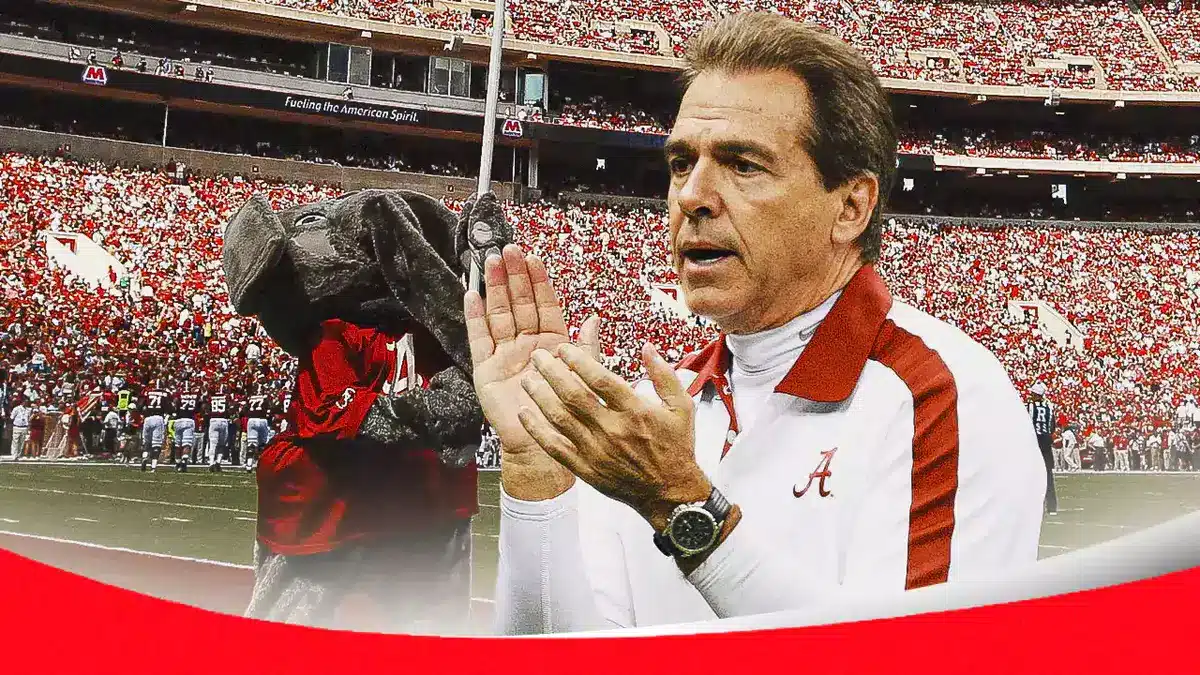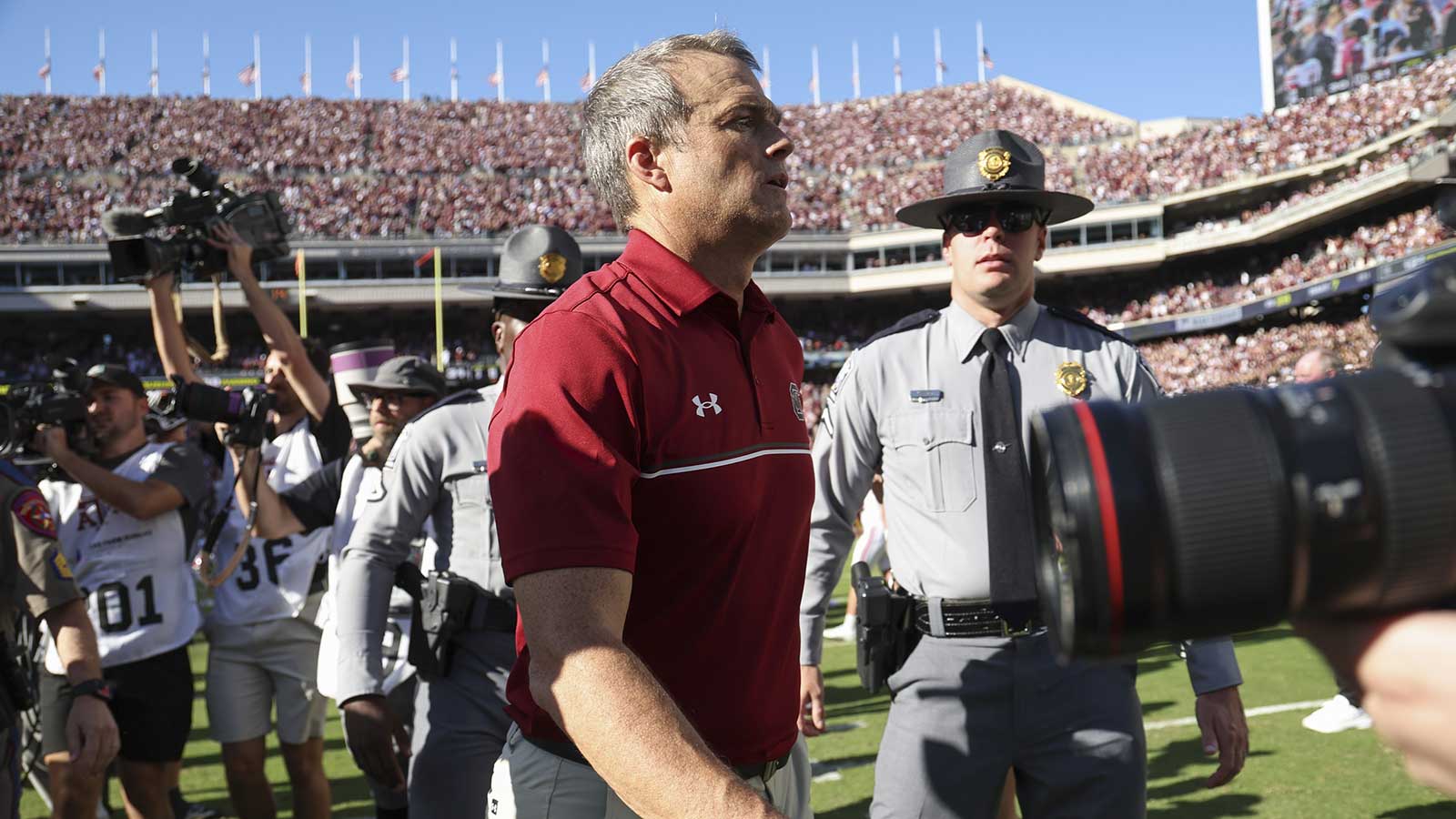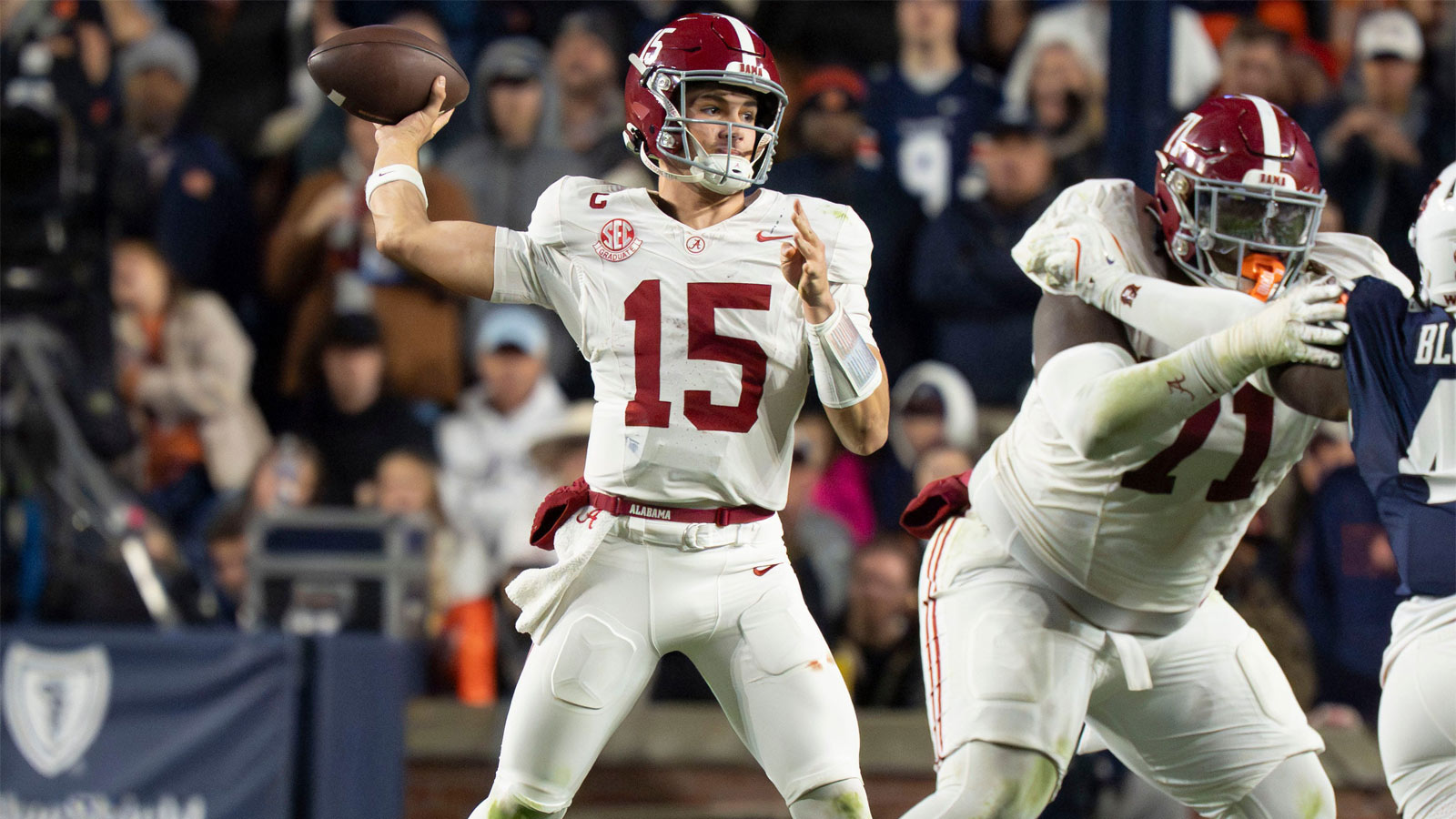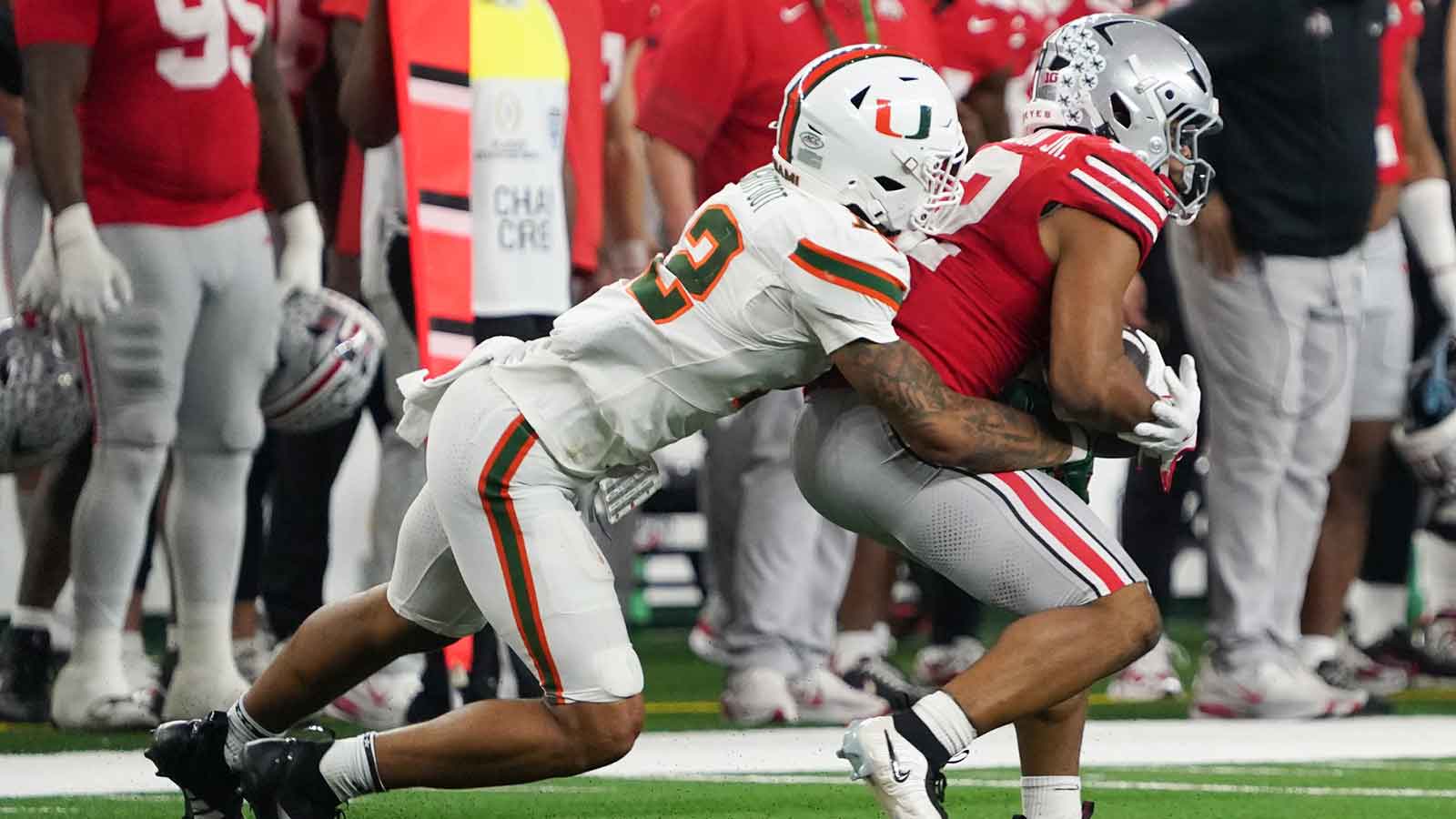Legendary college football coach Nick Saban announced his retirement in January, ending a 50-year career that included seven national championships, the last six of which at the University of Alabama.
Less than two weeks after losing to Michigan in overtime of the College Football Playoff semifinal, Saban shocked the college football world by retiring, vacating the highly coveted position of Alabama head coach. And in an ESPN article by Chris Low, Saban explained his thought process in regards to his decision to retire.
“I thought we could have a hell of a team next year, and then maybe 70 or 80 percent of the players you talk to, all they want to know is two things: What assurances do I have that I'm going to play because they're thinking about transferring, and how much are you going to pay me?” Saban said. “Our program here was always built on how much value can we create for your future and your personal development, academic success in graduating and developing an NFL career on the field.
“So I'm saying to myself, ‘Maybe this doesn't work anymore, that the goals and aspirations are just different and that it's all about how much money can I make as a college player?' I'm not saying that's bad. I'm not saying it's wrong, I'm just saying that's never been what we were all about, and it's not why we had success through the years.”
Nick Saban retires as college football continues to change

To Alabama athletic director Greg Byrne, Saban's retirement wasn't as big of a surprise. Saban had actually informed Byrne after the 2022 season that they would need to “start evaluating this more on a year-to-year basis.” Two days after Saban announced his retirement, Alabama hired Washington head coach Kalen DeBoer.
College athletics has changed rapidly in the past decade, with transfer rules and NIL accelerating a shift closer to professional sports. It is not much surprise Saban, who is 72 years old and began coaching in 1973, would potentially struggle or at least be hesitant to fully embrace a system that many other coaches and fans have criticized for being deeply flawed.
Saban spent 17 seasons as Alabama's head coach, during which he won six national titles and nine SEC championships. He previously coached Toledo and Michigan State and won a national championship with LSU before jumping to the NFL to coach the Miami Dolphins. After two seasons in Miami, Saban filled the Alabama head coaching vacancy, creating a college football dynasty.




















